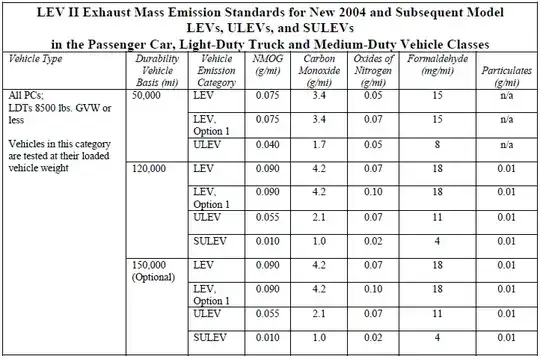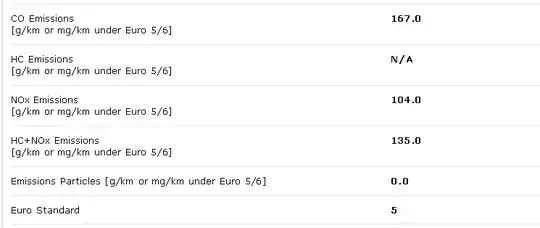A recent YouTube video features a claim that the VW Passat TDI 1.6 and similar cars have been banned by the US government, specifically because their gas mileage is too high. The purported reasoning is that if many people bought these cars, the government would lose revenue on gas taxes.
Could Volkswagen sell the Passat TDI 1.6 in the US if it wanted to? If not, what laws prohibit it? Does the US systematically ban high-gas-mileage cars?
(I find myself completely uninformed about the US auto market and vehicle regulations, but I'm also psychologically biased against the claim and so don't trust my own research very strongly.)

